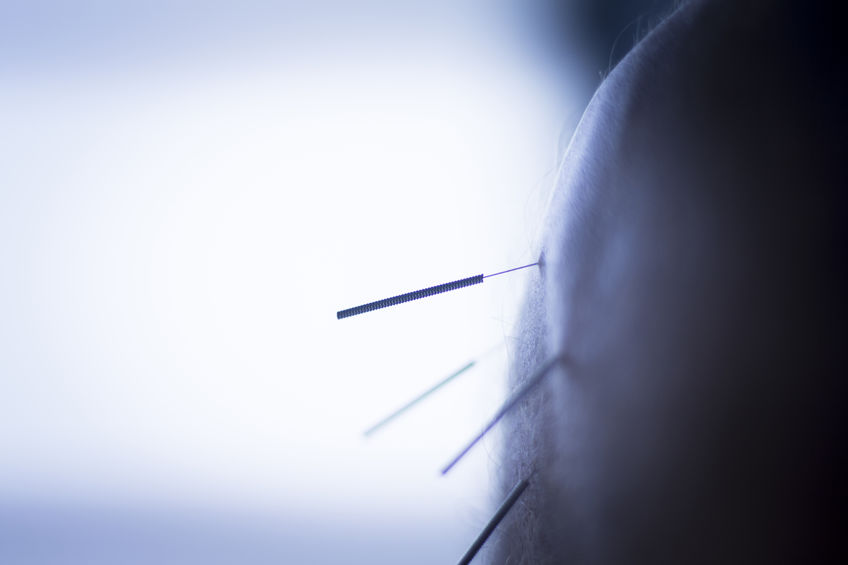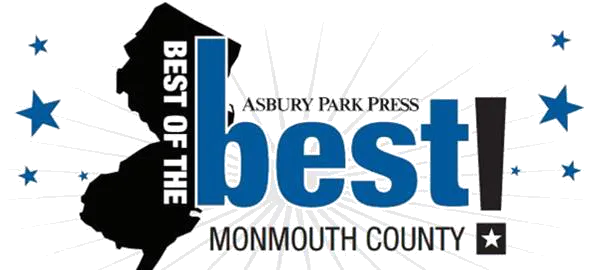What Is Dry Needling?

Dry needling involves the insertion of thin, fine needles into the skin to ease inflammation, release muscle tightness and promote healing. The needles are inserted in myofascial trigger points and can be done at a deep tissue or superficial level. In superficial dry needling, the needles are inserted at 5 to 10 mm into the skin. The palpation of the myofascial trigger points determines the level of response and whether the stimulation of the needles is sufficient enough to alleviate pain. Deep tissue dry needling triggers a satellite cell migration to the affected areas to help repair or replace damaged myofibers. The mechanical pressure caused by the needles makes collagen fibers trigger tissue remodeling.
What is Acupuncture?
Acupuncture is a traditional form of Chinese medicine where a fine, stainless steel needle is inserted into specific areas of the body to bring balance and coordination after physical or emotional trauma. Unlike dry needling, acupuncture focuses on a wider picture as it addresses other underlying health issues other than pain. These needles are inserted at specific points along the meridians, which are considered energy lines or pathways that correct imbalances affecting normal body functions and processes. Acupuncture has been used for centuries in the treatment of both physical and mental conditions.
What is the Difference Between Dry Needling and Acupuncture?
- Technique Used
In dry needling, the practitioner inserts needles at a greater depth and manipulates them to induce a local trigger response. Trigger points are hyperirritable spots located along with the muscle that creates pain or tenderness when pressed. Dry needling inserts needles into these points to elicit a twitch response that activates a series of reactions in the body that reduce pain. On the other hand, acupuncturists insert needles to a specific depth based on the area being needled. They are gently manipulated until a patient feels a dull ache or a sensation referred to as “deqi”. These trigger points are typically needled to decrease pain and activate energy pathways that promote self-healing.
- Training and Experience
Acupuncturists are considered needle specialists because of their extent of training. To be an acupuncturist, you need to complete a master’s training or doctorate level in the use of needles and be board-certified to practice acupuncture. You need to pass a series of board exams, graduate from an accredited university, and pass a clean needle technique exam to become nationally certified. The training in dry needling is quite different, as little or no extra training is required to perform it on patients. However, the minimum criterion is to have 2 years of experience as a licensed physical therapist before pursuing dry needling education and training. Therefore, an acupuncturist has more experience than a practitioner who only specialized in dry needling.
- Terminology and Patient Safety
Professional health experts claim that dry needling is not the same as acupuncture even though they use the same tools for treatment. The needles used are slightly different because meaning the needles used by acupuncturists are different from those used in dry needling. The type of needles used determine the scope of treatment and its effectiveness in relieving pain and addressing other health concerns in the body. Physical therapists who use dry needling are said to bypass rules and regulations that were created for consumer safety. Other states forbid physical therapists from performing dry needling because they lack the authority to use acupuncture needles and still refer to the treatment as dry needling.
There is a huge debate as to whether dry needling is as effective as acupuncture. The reality is that acupuncture has been around for a very long time and is backed by several studies that support its effectiveness in treating pain and other underlying health conditions. Dry needling is a practice that was adopted in later decades and has had many controversies as the concept of the practice was derived from acupuncture. However, acupuncturists are well-trained needle specialists and can handle what dry needling claims to do. It is important to do extensive research before considering acupuncture or dry needling to ensure you get the most effective and safest treatment for your condition.

